This week, the California state Senate made headlines by passing three significant reparations bills, moving closer to addressing historical racial injustices.
This legislative push follows an official apology to Black Californians for the state’s past discriminatory policies.
Righting Historical Wrongs
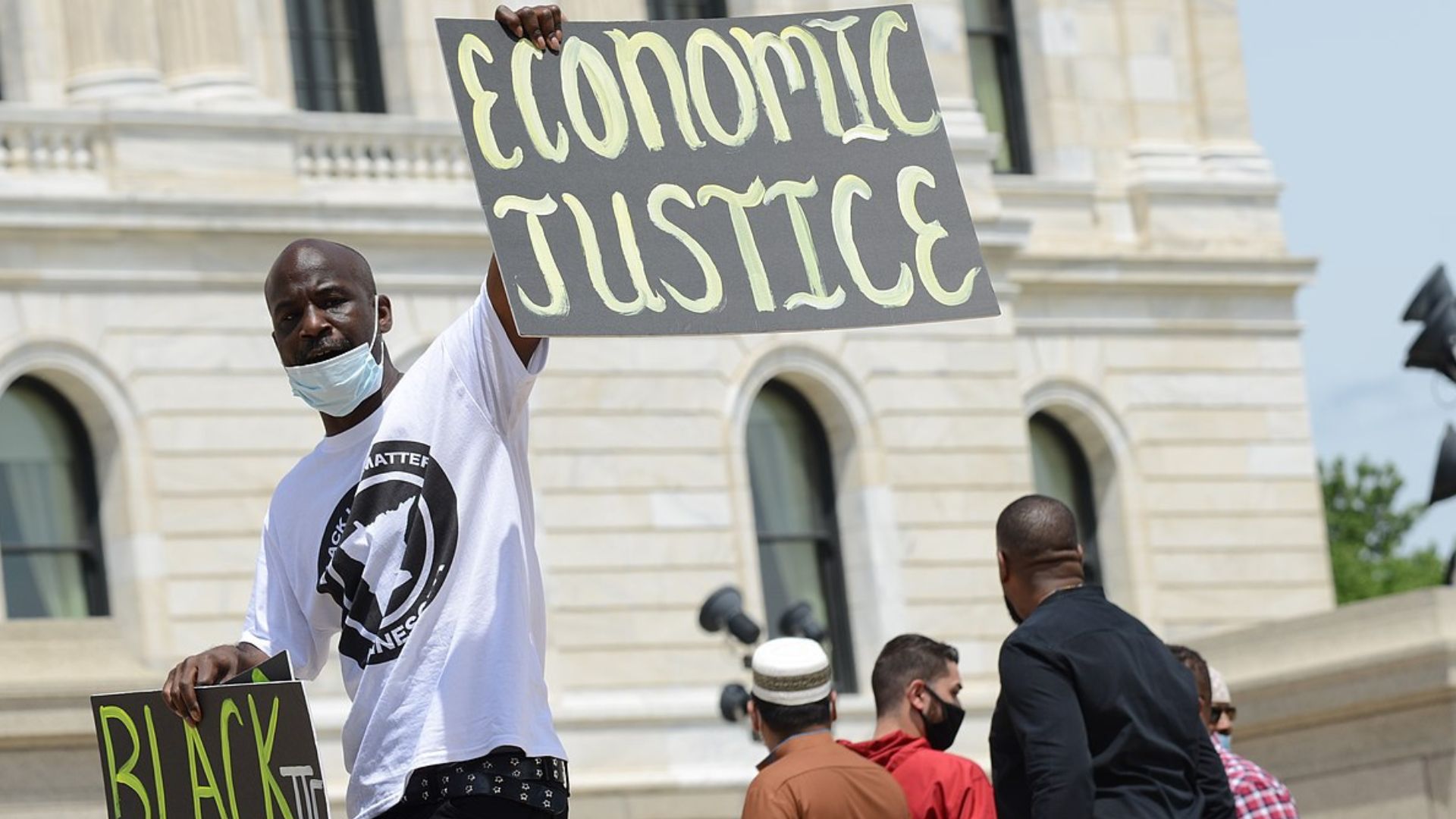
The bills, heavily advocated by the California Legislative Black Caucus, aim to correct centuries-old debts.
“These are not a handout or charity by any measure. It is what was promised, it’s what is owed and what is 160 years overdue,” stated Senator Steven Bradford.
The Battle Over Property and Identity
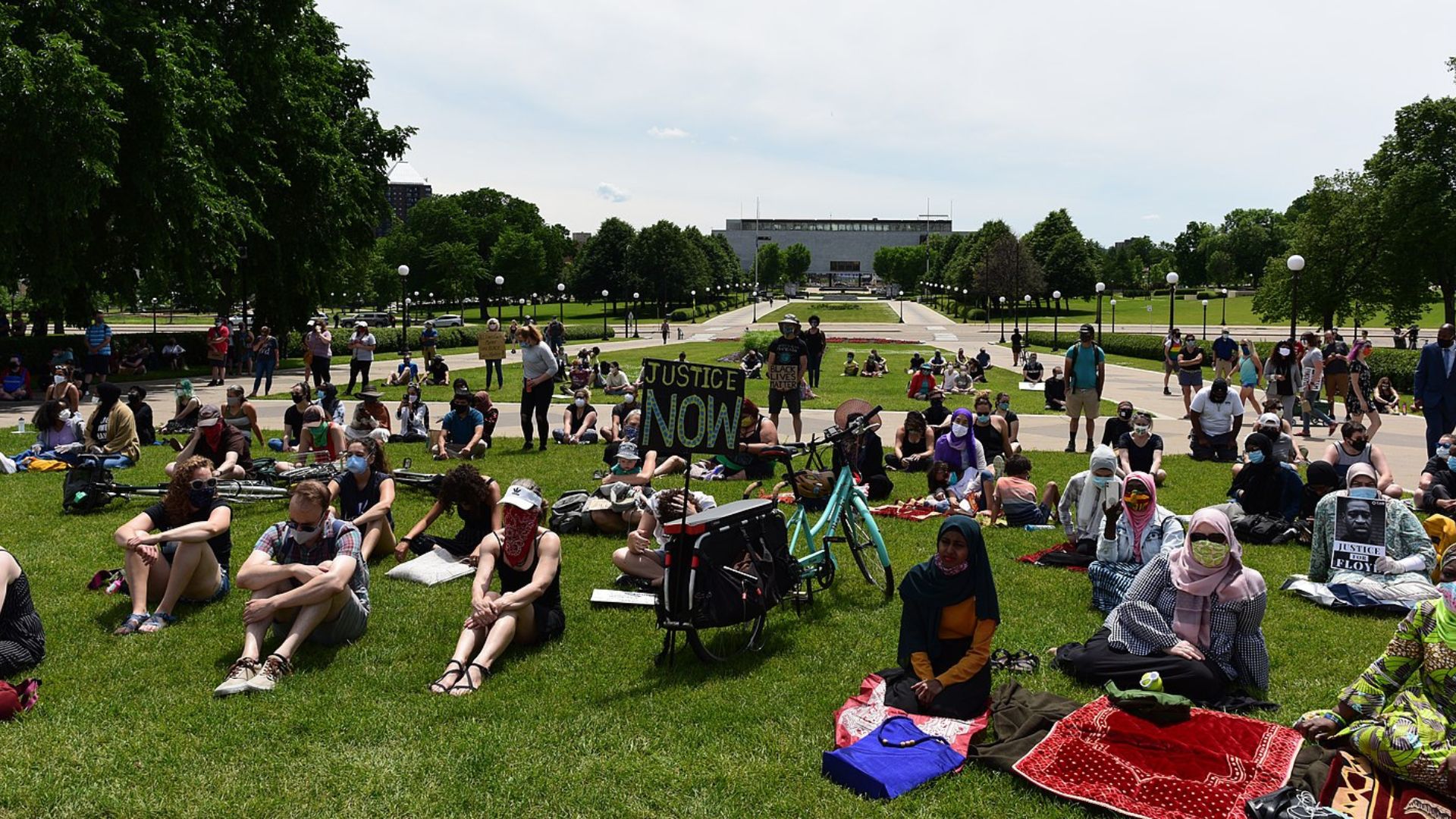
Among the bills is one particularly notable measure: SB 1050.
This bill mandates compensation for families who lost their property through racially motivated eminent domain practices, addressing a stark example of historical economic injustice.
Setting Up for Success
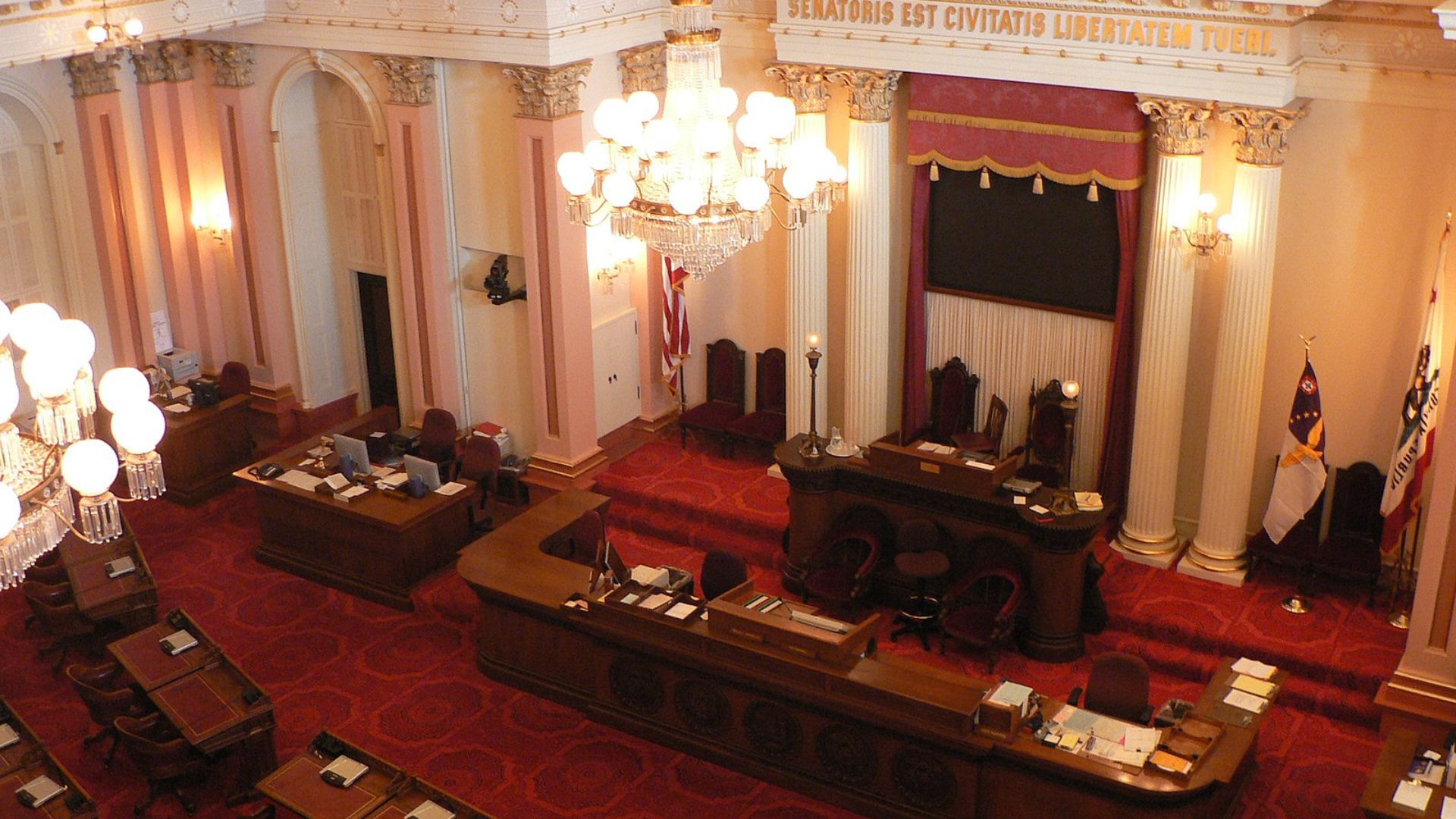
SB 1403 introduces the California Freedmen Affairs Agency, designed to ensure reparations go to the right hands.
Eligibility is strictly defined, focusing on descendants of slaves or free Black persons living in the U.S. before the 20th century.
Funding the Future of Fairness

Another critical measure, SB 1331, handles the financial aspect of these reparations, setting aside funds specifically earmarked for policies approved by the governor.
This strategic funding aims to ensure that reparations are not just symbolic but substantial.
A Continued Commitment to Change
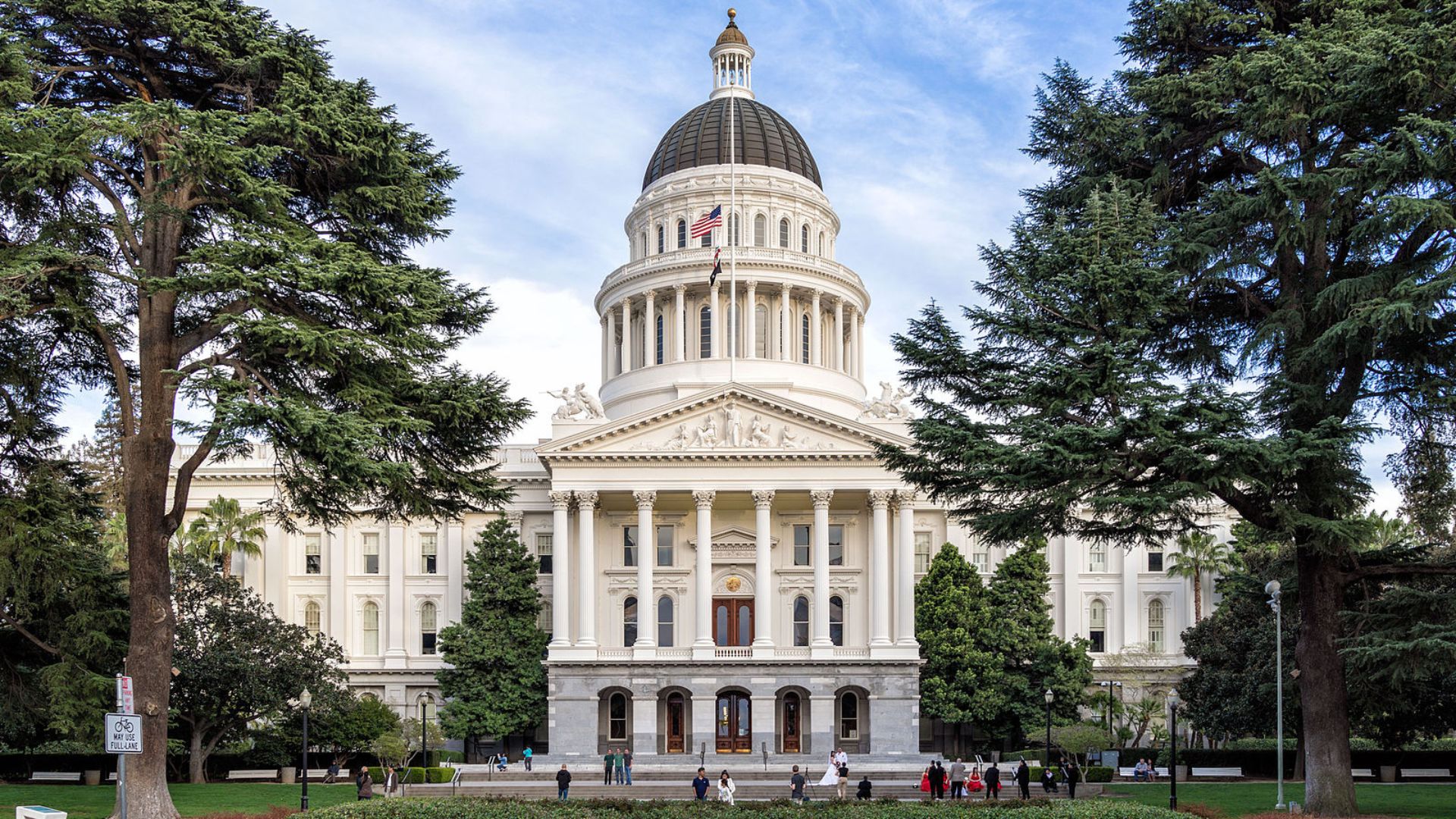
After the state Senate’s decision, these bills will next face the California State Assembly.
The assembly’s vote will be pivotal in determining the future of reparations in California, highlighting the ongoing legislative journey towards justice.
Past Efforts and Future Hopes
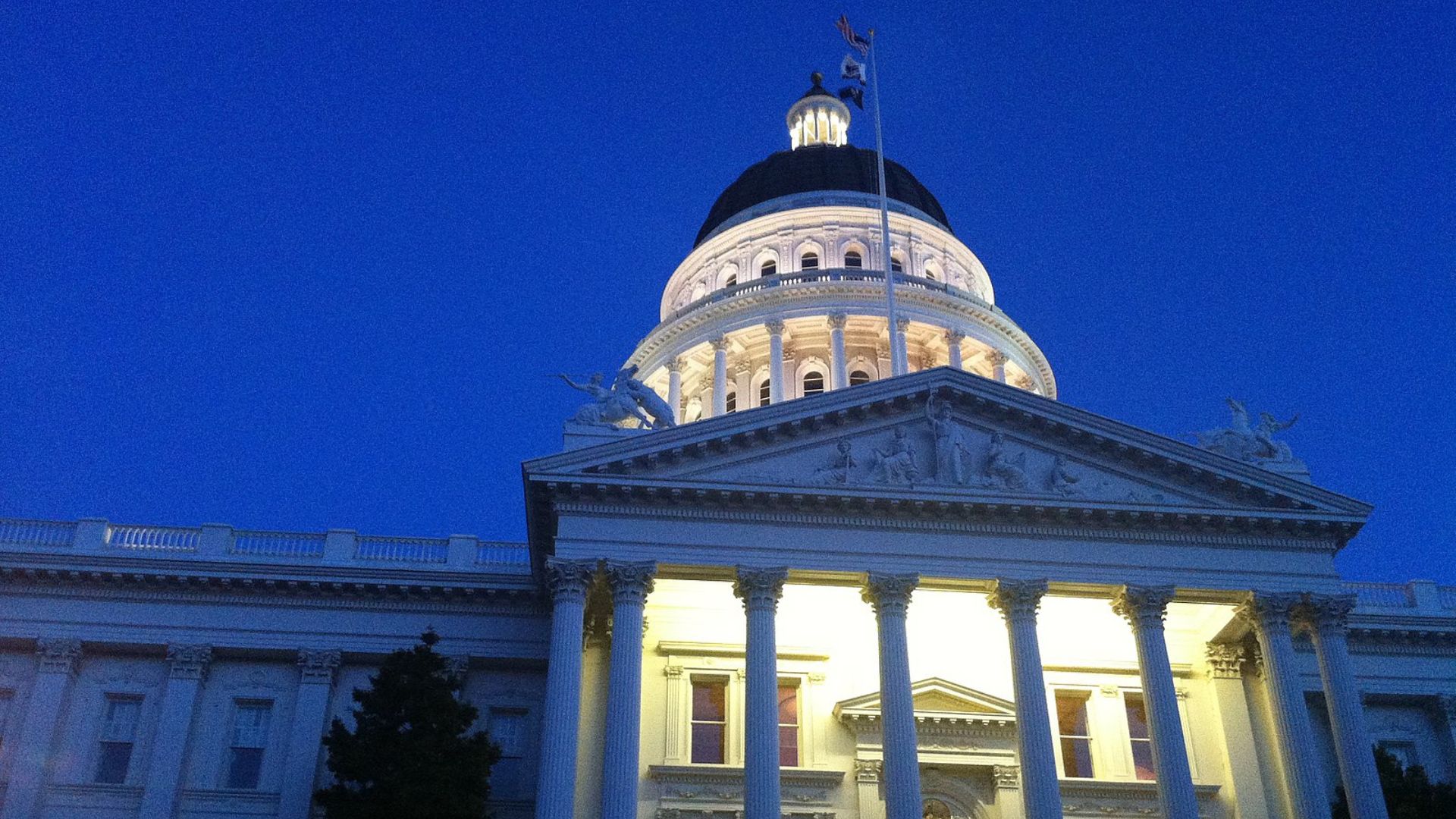
Earlier attempts at similar reparations bills were met with resistance in the assembly.
Measures such as homeownership aid and property tax relief for descendants of slaves were previously voted down, setting a tense stage for the current bills.
A National Conversation
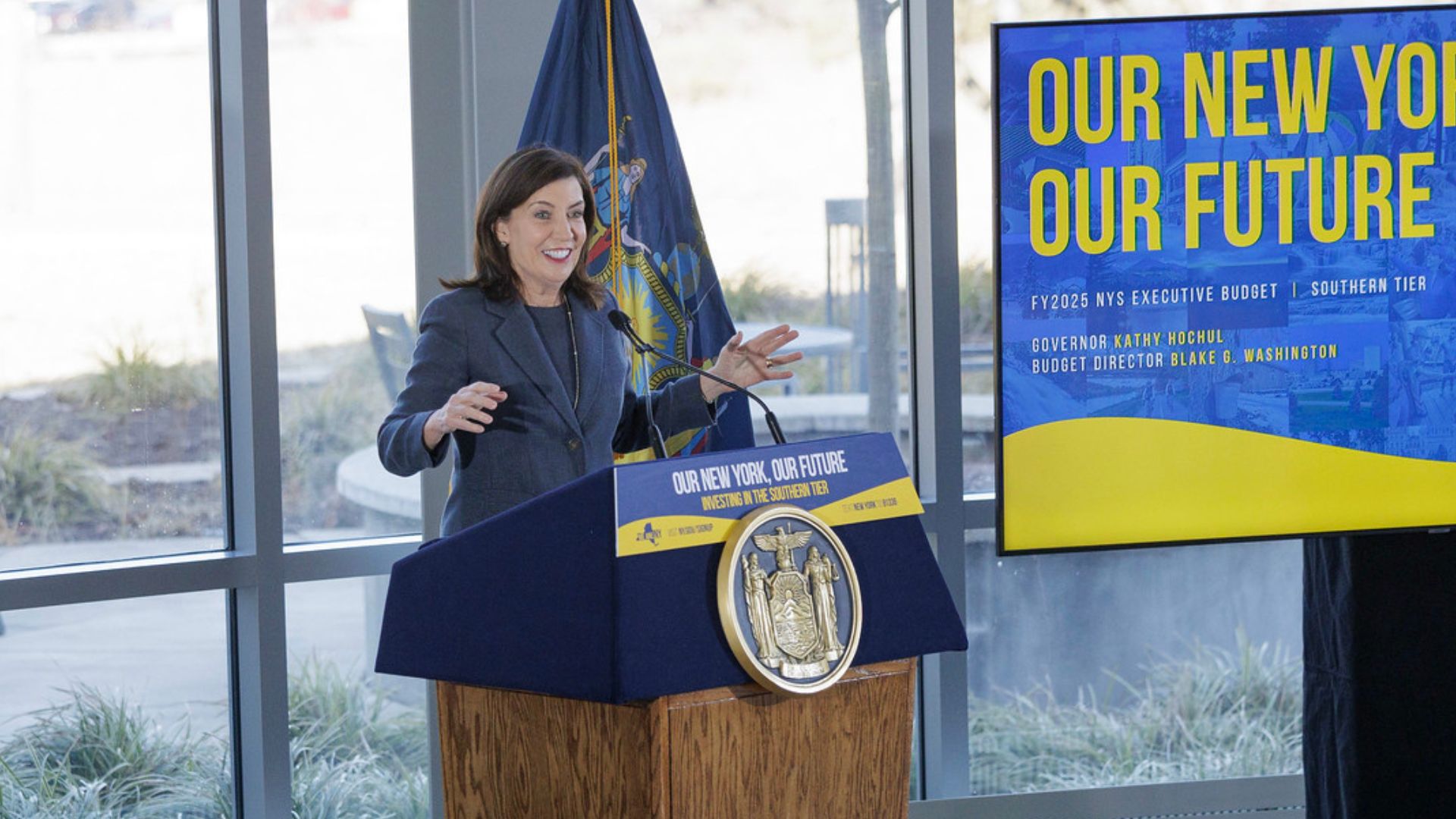
California’s efforts are part of a broader movement across the U.S., where cities like Boston and states like New York are exploring reparations.
Governor Kathy Hochul of New York set up a task force last December to recommend reparative actions.
Not Without Opposition
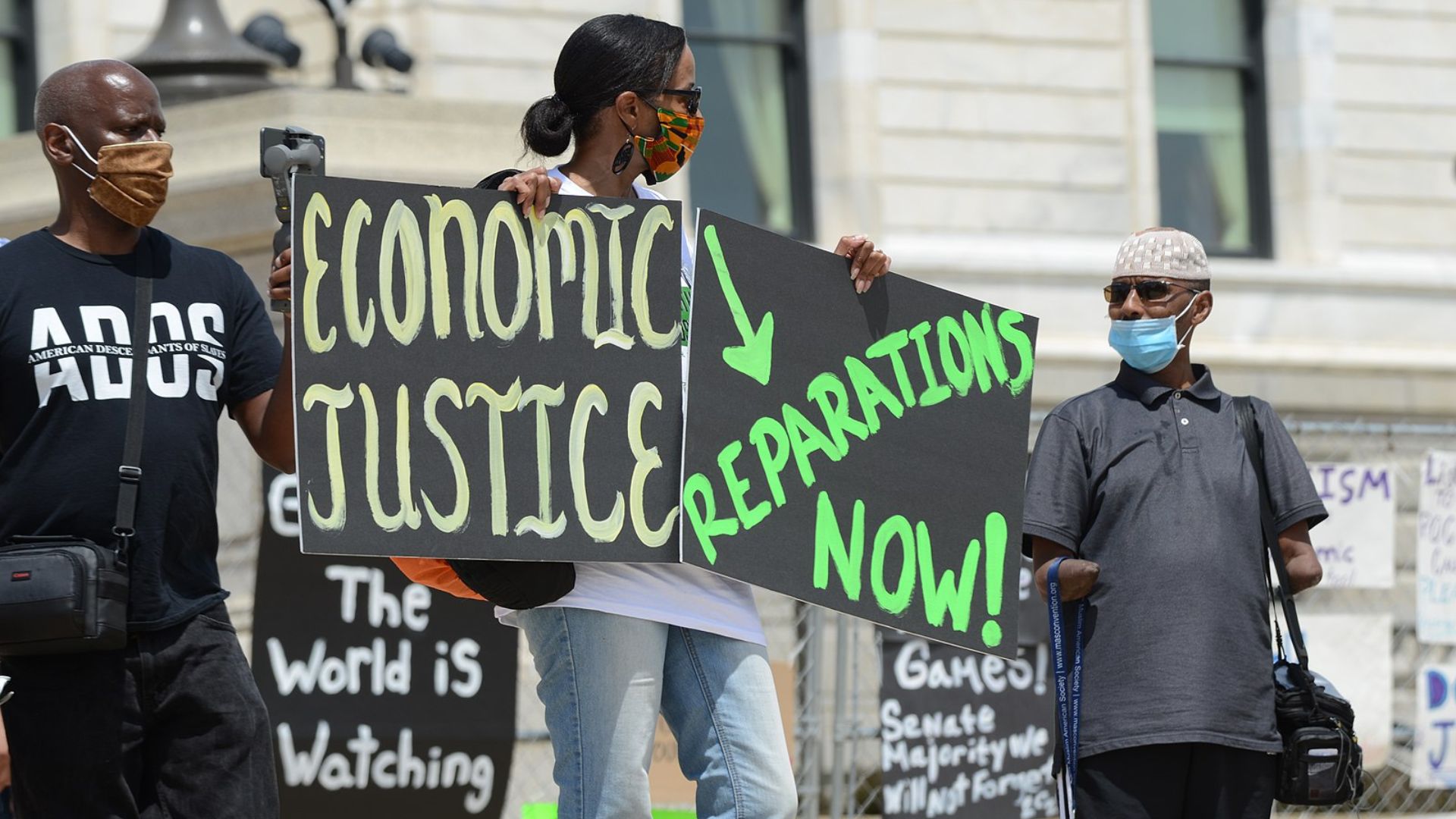
Despite the progress, a poll reveals a challenging road ahead: a majority of California voters oppose cash payments to descendants of slaves.
This opposition reflects a divided public opinion on how best to handle America’s dark historical legacy.
The Weight of Historical Debt
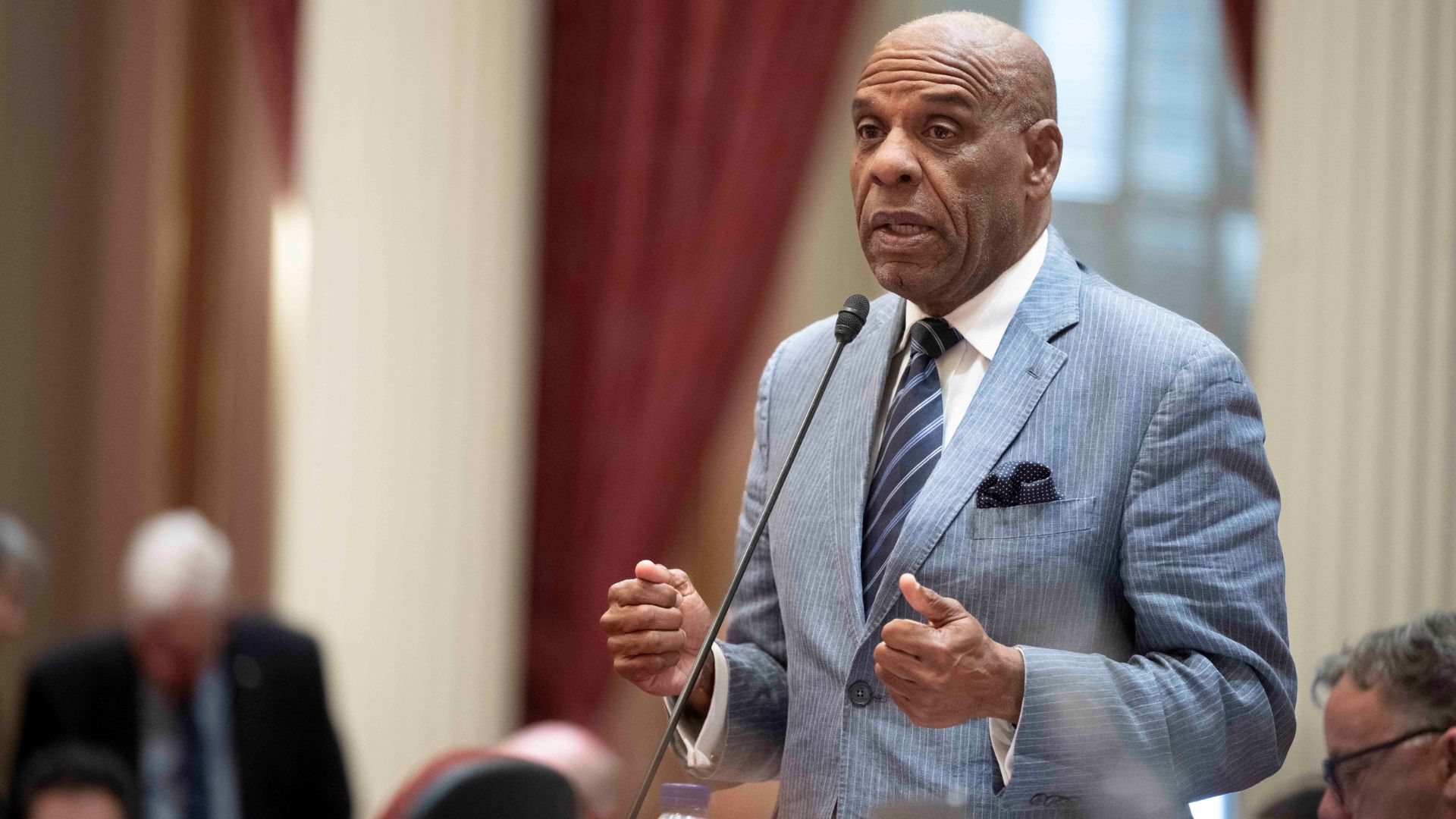
Senator Bradford emphasized on the Senate floor, “If you can inherit generational wealth, you can inherit generational debt.”
His words underline the rationale behind the push for reparations, framing it as a responsibility rather than a choice.
Acknowledging the Atrocities
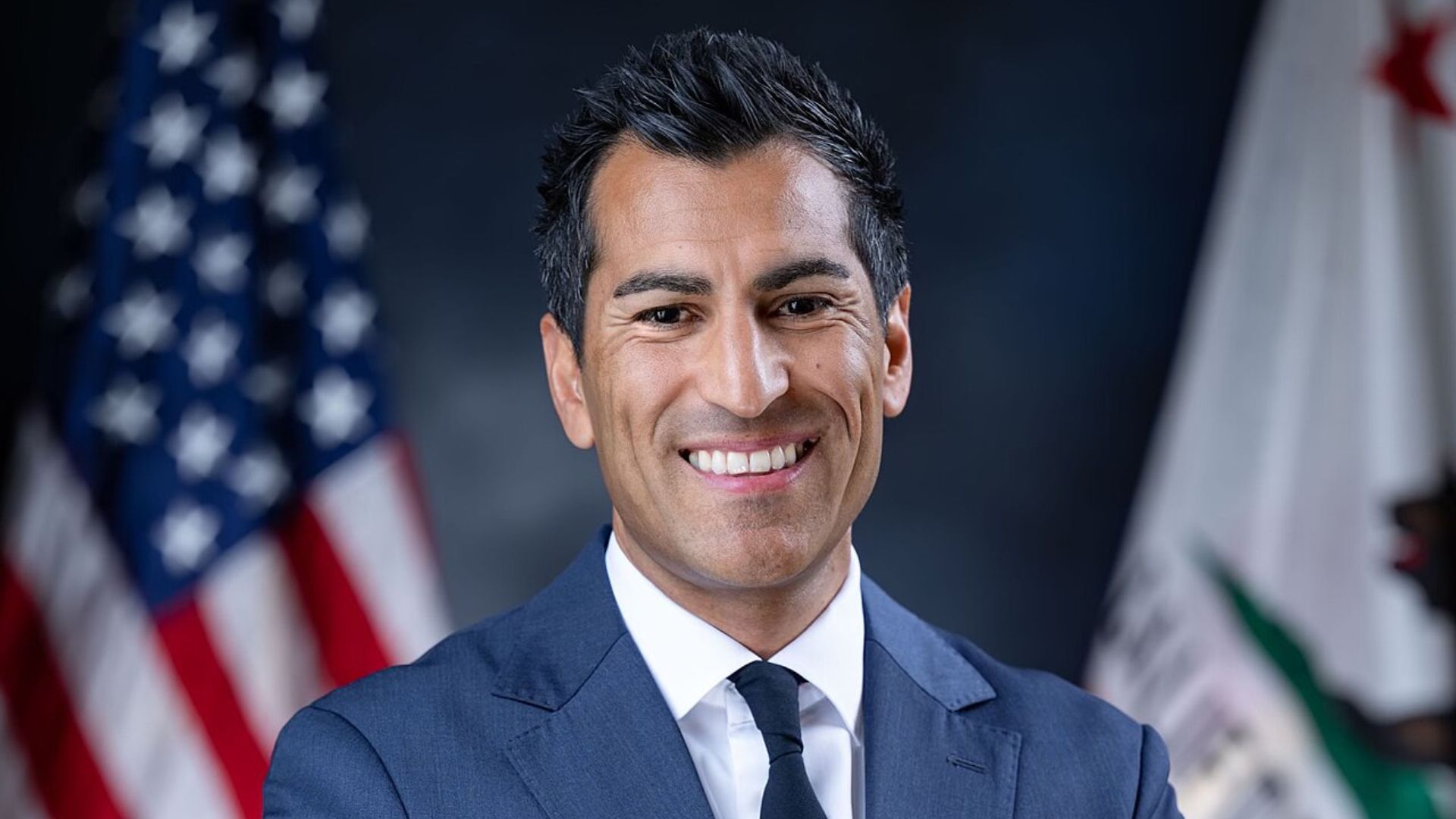
The legislative actions follow another significant step taken last month by the California Assembly, which passed a bill acknowledging the state’s role in the oppression of African Americans.
Assembly Speaker Robert Rivas supported the bill, stating, “It is undeniable that our systems of government have been complicit in the oppression of African Americans.”
Healing Historical Wounds
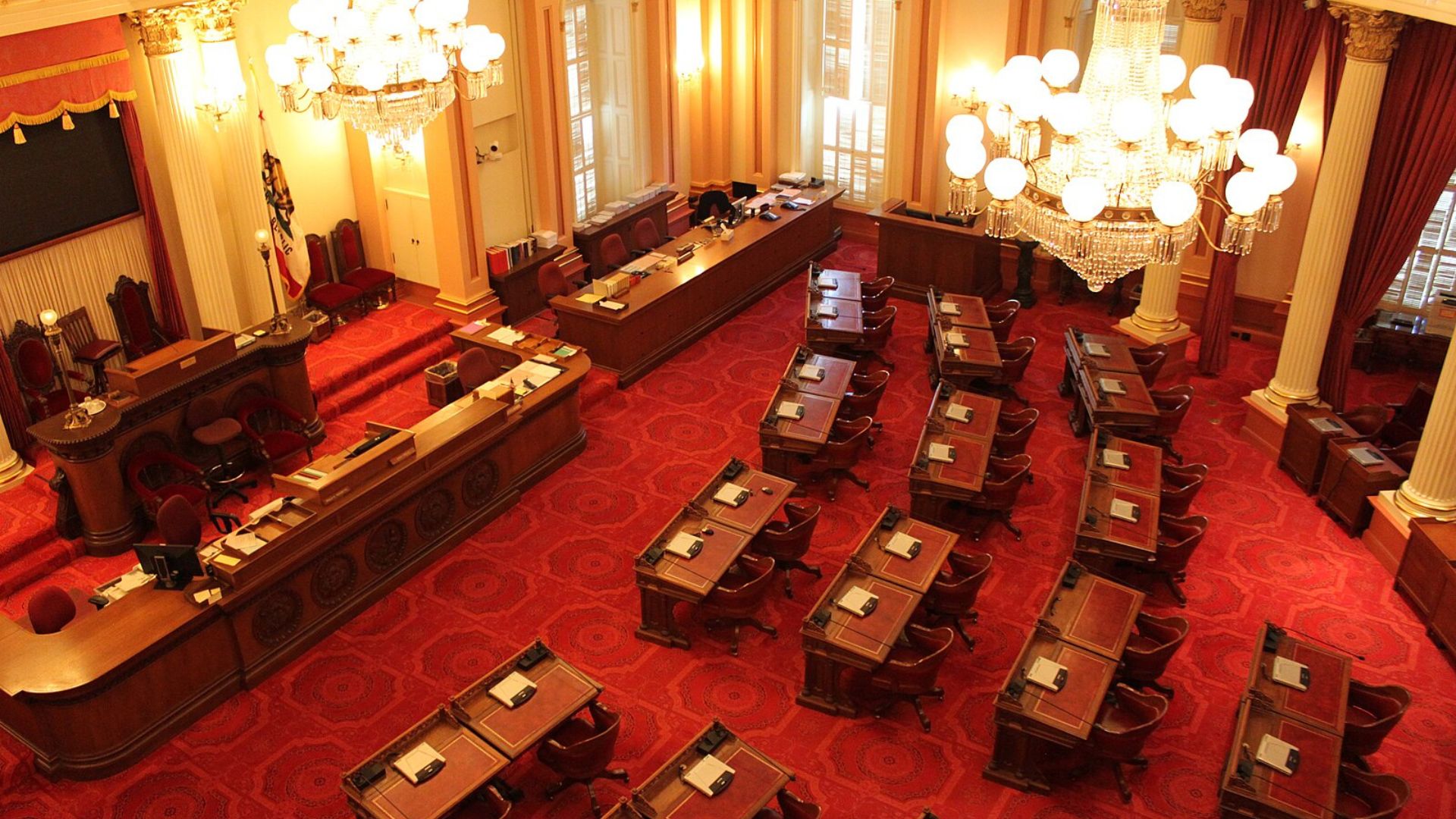
As California moves forward with these reparations bills, the state takes a crucial step towards healing the wounds of its past.
It is a strong step by the state in addressing past systemic injustices.
